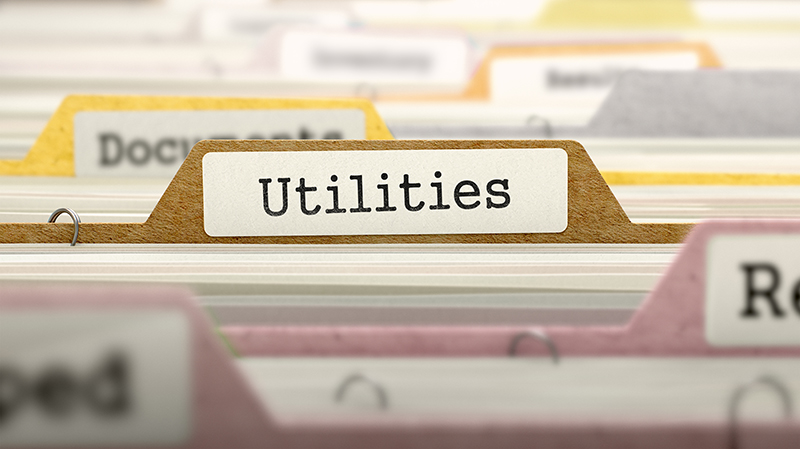Can I Deduct Utilities?
October 05, 2022 by Steve Banner, EA, MBA
Well, it’s funny that someone should ask this question because I thought the same thing last week when I opened my electric bill. Surely there must be some way to get a tax break for running my aircon during the summer? After all, staying cool is an ordinary and necessary expense for staying alive, and I won’t be able to pay any taxes to Uncle Sam if I die of heat stroke. Although this argument might make sense in my fevered imagination, I’m afraid it won’t fly with the IRS. So let us talk instead about those occasions when you can deduct your expenses for utilities using the actual expense method.
My friend, John, is a carpenter by trade and his specialty is making furniture, mostly rolltop desks. He rents space in an industrial park close to his home and this is where he has set up his workshop. It seems to me that John and his assistant spend a good part of their time at the workshop breathing in sawdust and fumes from the varnishes they use, but their finished products are spectacular. Among the expenses John can deduct on his tax return are his full costs for the utilities connected to the workshop. In his case, this includes water, electricity, gas, internet, and telephone services.
John’s brother, Michael, seems also to have inherited the family genes for creativity, and he is an architect. Michael works for himself out of his home office, which incidentally contains a desk, drafting table and chairs made by John. Michael uses the third bedroom in his house exclusively and regularly as his principal place of business, and he meets the IRS qualifications for a home office deduction. More details about the home office rules can be found in this previous article in our blog. Because he meets the home office tests, Michael can deduct the costs of providing the dedicated area used for his business within his home. This means that he can deduct a portion of the costs for keeping up and running the entire home, such as homeowner’s insurance, utilities, mortgage interest, real property taxes, and general repairs and maintenance.
The portion of the above costs, including utilities, that Michael can deduct is based on the proportion of his home that is used for business purposes. The business-use percentage can be calculated by “any reasonable method” according to the IRS. The most often-used methods are:
- The square footage of the area used for business divided by total square footage of the home, or
- If all his rooms are roughly the same size, Michael can divide the number of rooms used for business by the total number of rooms in the home.
The following expenses fall under the heading of utilities for Michael’s home office deduction:
- Water, electric, gas and internet services
Michael’s house is 2,000 square feet in size and his home office is 400 square feet. This means that if he uses his home office for the entire year, he would be able to deduct 20% (400/2,000) of his annual utility costs.
Telephone service for Michael’s first landline is not deductible but, on his business tax return, he can deduct 100% of his expenses for his second landline and his business cell phone.
Another person who can deduct utility expenses is John’s and Michael’s sister, Evelyn. She owns a home designed by Michael and uses it as a rental property. The $3,000 in rent that Evelyn charges each month includes all utilities. The amounts that Evelyn pays each month for utilities at the house are part of her business expenses and thus they are fully deductible for her. If her tenants paid their own utility costs, they would not be deductible for Evelyn or for the tenants (unless the tenants were using part of the house for business and qualified for the home office deduction).
As we have seen, the costs of utilities can indeed be deductible under certain circumstances – but alas, not for me. Maybe I need to move to Seattle for the summer and San Diego for the winter!





